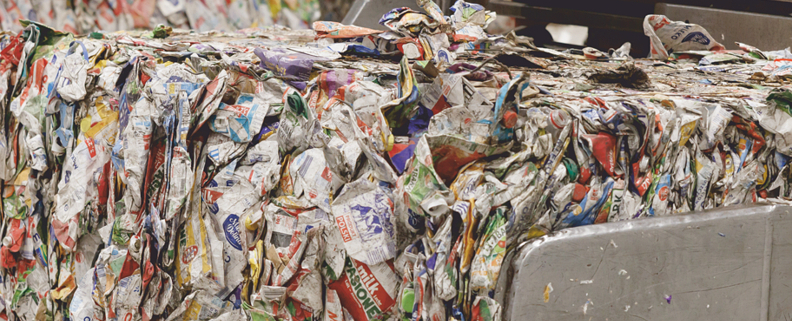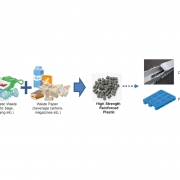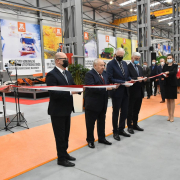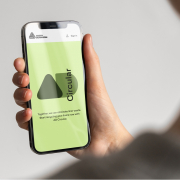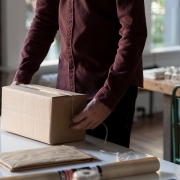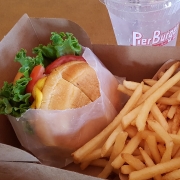Poland: New Recycling Line for Beverage Cartons
The plant has the potential to recycle the entire volume of beverage cartons sold in Poland, with additional volumes from Central and Eastern Europe.
With a joint investment of approximately 29 million Euro by Stora Enso and Tetra Pak, a new recycling line for post-consumer beverage cartons started operations in Poland. As reported by both companies in a joint press release, Stora Enso has invested approximately 17 million Euro into a new repulping line that will recover the carton fibers, and Tetra Pak, along with Plastigram, have invested a total of approximately 12 million Euro to build the new line. “The line has the potential to triple the annual recycling capacity of beverage cartons in the country – from 25,000 to 75,000 tons – and provides scope to absorb the entire volume of beverage cartons sold in Poland, as well as additional volumes from neighboring countries, including the Czech Republic, Hungary, Slovakia, Latvia, Estonia and Lithuania,” the investors are convinced.
Featuring an annual capacity of 50,000 tons, the line at Stora Enso’s production unit in Ostrołęka (Poland) handles solely beverage carton material separation, detaching fibers from polymers and aluminum. “The fibers are then recycled into carton board materials, effectively contributing to material circularity by turning used paper-based packaging into new paper-based packaging materials. This new paper recycling facility is complemented by Czech company Plastigram Industries that, together with Tetra Pak, is industrializing a solution to recycle polyAl into new products.” The non-fiber component of carton packages is known as polyAl, which designates the layers of polyolefins and aluminum being used as barriers against oxygen and humidity to protect the food content in aseptic carton packages.
“For decades, we have been working to enhance beverage carton recycling capacity, co-investing with recyclers, technology providers and suppliers in new equipment and facilities,” Lars Holmquist, EVP Sustainability & Communications at Tetra Pak, was cited. “In 2022, Tetra Pak contributed nearly 30 million Euro to collection and recycling projects worldwide, with plans to go further and invest up to 40 million Euro annually over the next years. As part of the Alliance for Beverage Cartons and the Environment (ACE), we support the industry’s ambition to increase the collection for recycling rate of beverage cartons to 90 percent and the recycling rate to 70 percent in the EU by 2030. I am very pleased to see that our collaboration with Stora Enso translates into one of the largest recycling hubs for beverage cartons in Europe, contributing to this ambition.”
Hannu Kasurinen, EVP Packaging Materials at Stora Enso, is pleased as well. “This new modern solution marks a significant addition to European recycling capacity and a concrete step forward in the circularity of consumer packaging,” he said. “In addition to complementing the current scope of our production site in Poland, the recycling facility will significantly contribute towards the recycling and waste reduction goals of the EU’s proposal for a Packaging and Packaging Waste Regulation.”
As emphasized, the new line is set to ramp up the recycling of beverage cartons throughout Central and Eastern Europe, “signaling the beverage carton industry’s willingness to support the circularity goals of the proposed EU Packaging and Packaging Waste Regulation (PPWR), and showcasing the pivotal role of recycling in helping the green transition of the food packaging sector”. The packaging industry invested approximately 200 million Euro to increase the capacity for beverage carton recycling in the EU and plans to further invest 120 million Euro by 2027.
storaenso.com/en, tetrapak.com
(Published in GLOBAL RECYCLING Magazine 3/2023, Page 22, Photo: Stora Enso/Tetra Pak)

